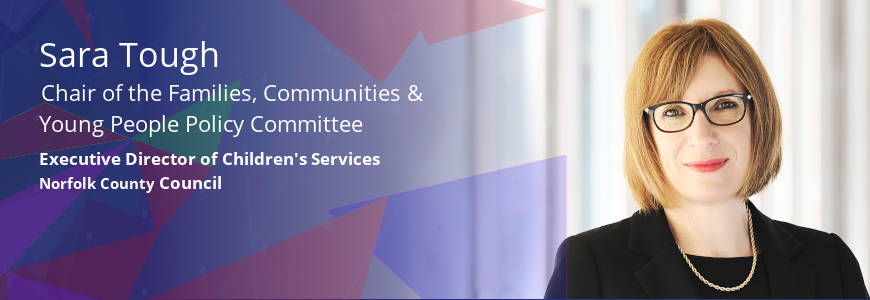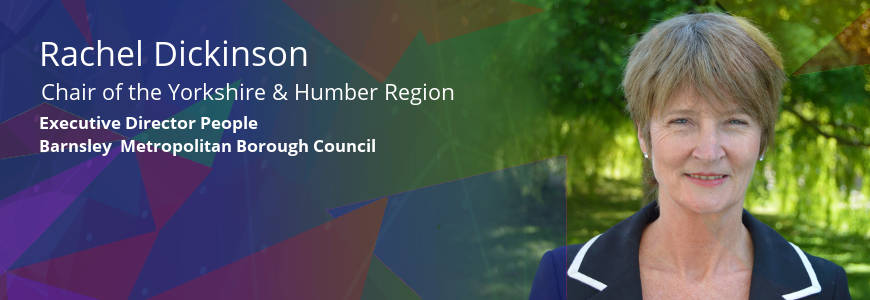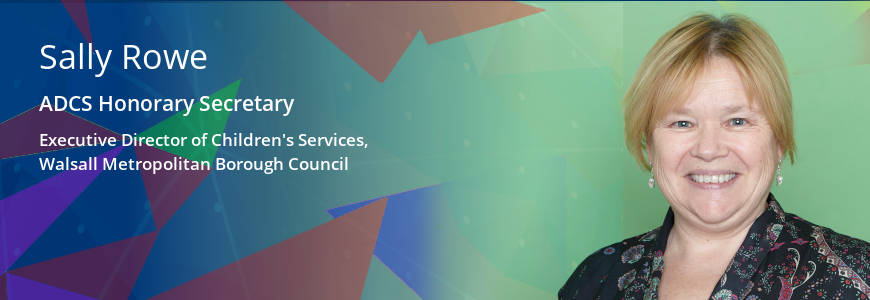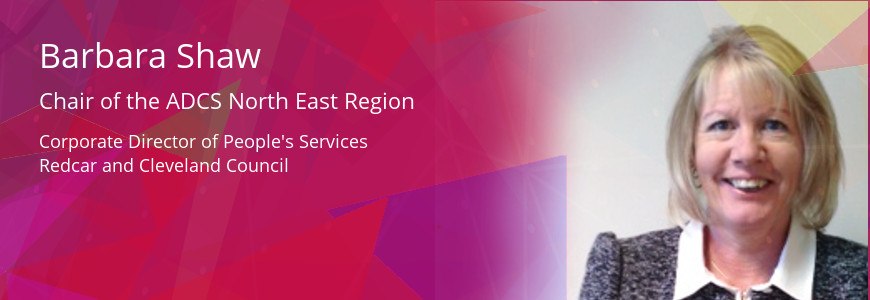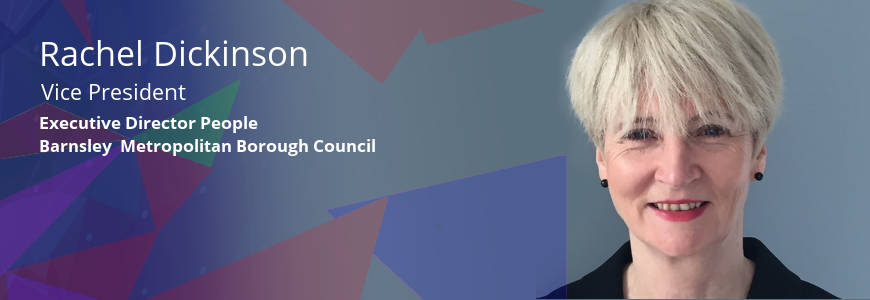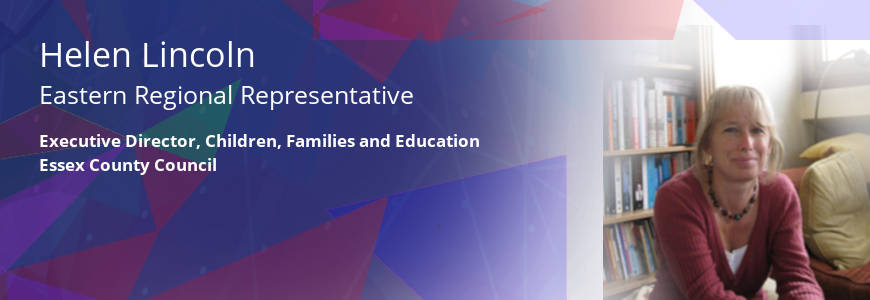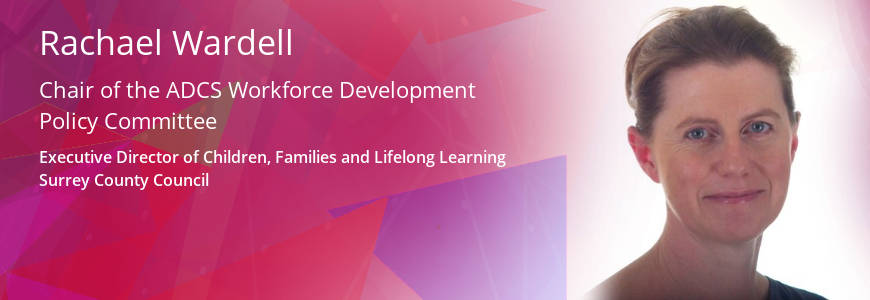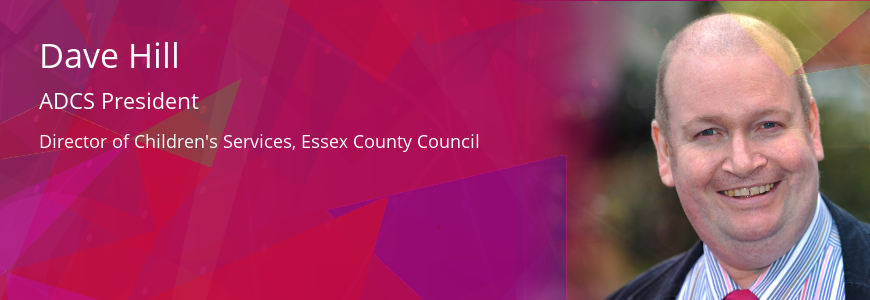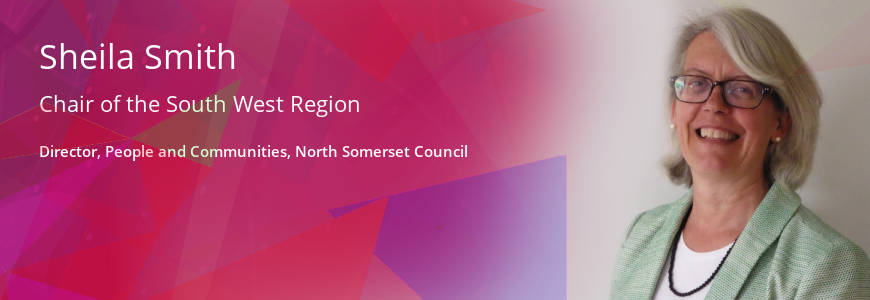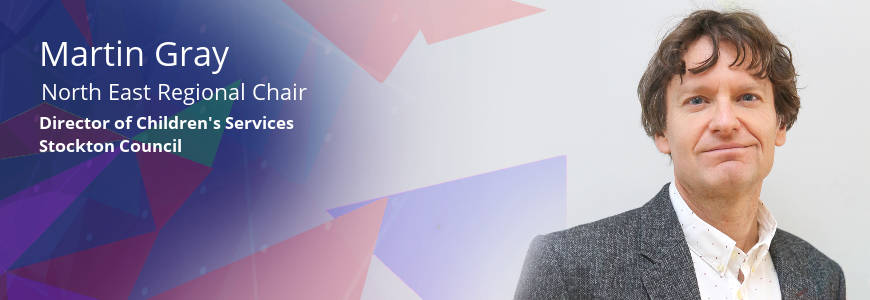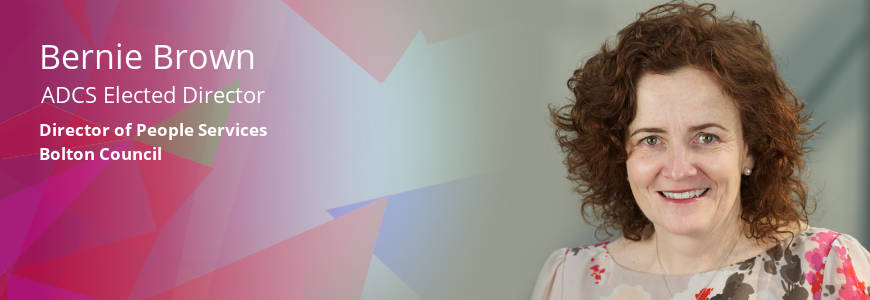Supporting Social Care Development
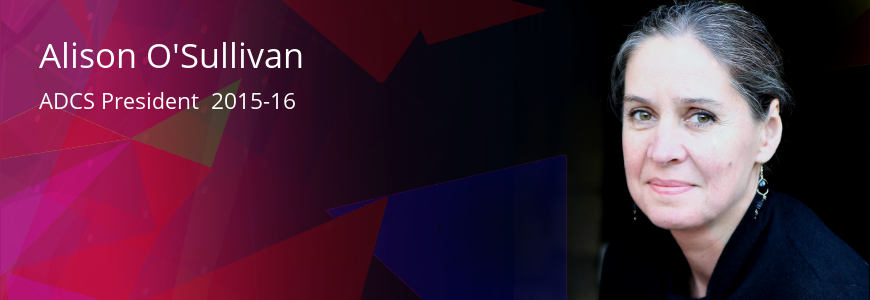
This week I had an enlightening meeting with KPMG, who are supporting the Department for Education with the Accreditation for Social Workers Scheme.
KPMG have been contracted for one year to develop the means by which social workers will progress through the assessment and accreditation process.
As announced by Secretary of State Nicky Morgan at October’s NCAS conference, it’s envisaged that there will be three levels of accreditation.
Firstly there will be a ‘license to practice’ for frontline practitioners; secondly accreditation for social work supervisors; and thirdly accreditation for practice leaders.
KPMG are in partnership with a range of organisations to assist with the process. These include Morning Lane Associates to advise on social work practice; University of Leeds to provide an HEI perspective; Leo Learning for an IT service provider with expertise in developing digital systems to support online processes; Research in Practice to provide research capacity around practice observation; and the Family Rights Group to represent the parents’ and carers’ perspective. KPMG are also engaging with partner organisations and regulatory bodies. Through these partnerships, they are aiming to ensure the process is both rounded and robust.
Details of ‘knowledge and skills statements’ – outlining what practitioners will know and be able to do - were published last year by Isabelle Trowler.
The preparatory work has almost been completed and KPMG, supported by the DfE, are aiming to trial the outline process in a sample of local authorities. The DfE have approached 26 authorities who are representative of the different circumstances across the country. They are seeking at least a dozen volunteer authorities and, in total, 1,000 frontline staff to make sure the sample is robust.
The approach involves computer-based assessment with a knowledge test, but also tries to capture people’s judgement and decision making by using video scenarios. This is a relatively new approach, though it has also been used in the NHS Leadership Academy Scheme (which KPMG also developed). It’s also intended that there will be a practice observation component.
The core element of the accreditation process will take a year to develop, trial and evaluate and will probably need further work afterwards. So you can see that the whole thing is going to take some time, even working at pace. And, during the same period, there’s also a need to work on the tools for accreditation and the knowledge and skills statements for supervisor and leader levels.
Critically, there are many broader questions about how these arrangements will work and how they will impact on service delivery and practice across the system. These broader questions of policy will have to be addressed in order to place accreditation constructively at the heart of our ways of working in the future.
For example, will this process duplicate arrangements for career progression that authorities already have in place? Which staff will receive the accreditation and which will not? Will there be an impact on salaries and affordability? How much time will be involved? What do we do with people who fail the accreditation test? What impact will there be on councils’ ability to attract and retain frontline staff? … and there will be more questions to address as we move towards implementation.
ADCS are beginning conversations with Isabelle Trowler and the DfE to ensure that these wider issues are considered very carefully.
We all want to see the standing of social workers enhanced and accreditation does have an important role to play. So we will work closely with all concerned to ensure that the practical challenges are thoroughly understood - and that we find the right ways to overcome them.
Related Blog Articles
Monday was International Women’s Day. Every year on 8 March, across the globe,...
In General
This week saw directors of children’s services (DCSs) from the 15 councils of...
In General
I’ve recently been thinking about what it’s like to be a social worker, or...
In General
Late last month saw the official launch of Frontline within the North East...
In Workforce
We have a strong history of collaboration in Yorkshire and Humber and I’ve...
In General
The recent change to guidance for shielded workers, allowing them to return to...
In General
The Behind Closed Doors preface ends with the statement “I explore an...
In Early Help & Families
Earlier this week I attended a development day on Ethical Leadership in Public...
In Leadership
When I last blogged, I reflected on the paucity of the use of technology in...
In Workforce
Like every Director of Children’s Services, I expect, I have been immersed in...
In Workforce
Earlier this week I attended a reunion with a group of much valued former...
In General
In the middle of this week I had a blast from the past as we welcomed the...
In Care
The turn of the New Year is a time for many to look back at the previous year...
In General
Dealing with distress, expressing hope, showing solidarity and valuing the power...
In Workforce
Last week I attended the Greater Manchester Contextual Safeguarding Conference...

